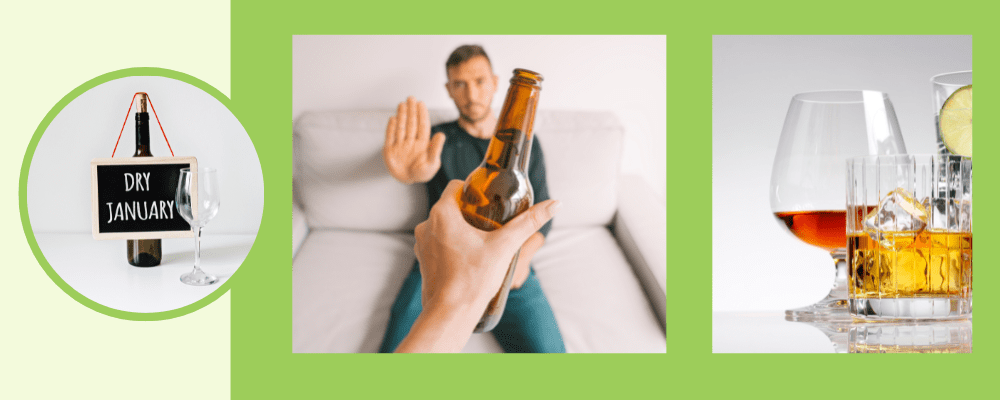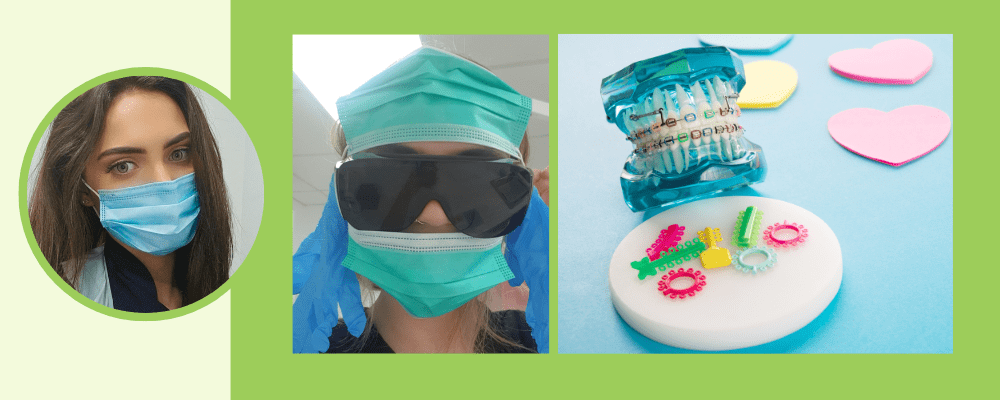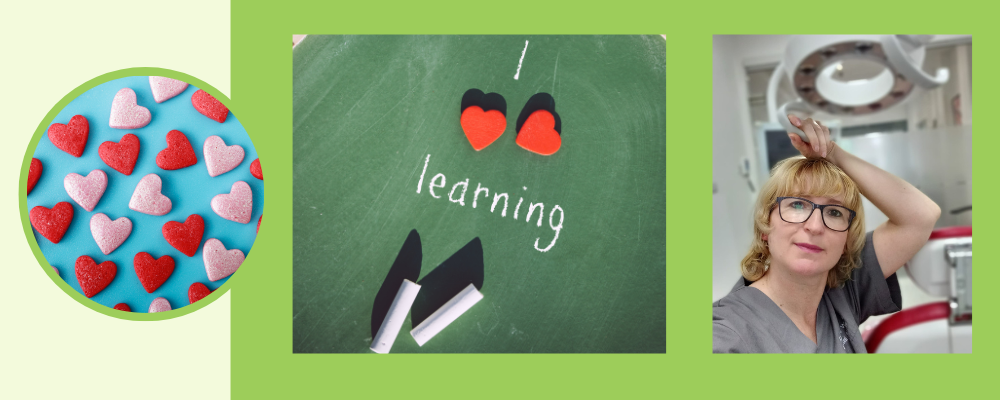Dry January could be a breath of fresh air for your teeth.
Dry January is the popular yearly public health challenge of going alcohol-free for the month. After an over-indulgent festive season many people see this as the time to put well-meaning New Year’s health resolutions in place. The charity Alcohol Change UK introduced Dry January as a way to reduce the potential harm that drinking does. According to the charity, someone dies every hour as a result of alcohol. A pretty sobering statistic. We take a look at the potential health benefits when it comes to the mouth and teeth of giving Dry January a go.

Sadly, research shows that heavy drinkers are more likely to experience mouth and teeth problems such as gum disease, tooth decay and mouth sores, with alcohol abuse potentially leading to a higher risk of oral cancer.
Alcoholic drinks can be high in sugar, which we all know is bad news for teeth.
The sugar in alcoholic drinks reacts with the bacteria in the mouth to form acid.
This acid attacks the teeth, leaving them open to potential sensitivity and decay.
Ditching the fizz for a month allows your teeth to breathe from the constant onslaught of sugary beverages, making it harder for tooth decay to take hold.
As a dental nurse, you will be well aware of staining foods and drinks.
Dark-coloured alcohol can lead to teeth staining (we are looking at you, red wine) and discolouration over time.
When you add that (not literally) to your daily coffee/tea intake, then the potential for teeth staining starts to add up.
Wine is also an acidic drink that, with regular consumption, has the potential to increase your risk of erosion of the teeth.
The sugar content can also have an impact on acid erosion which over time can lead to dental decay.
Whilst there are steps to minimise the impact of acid erosion having alcohol breaks will definitely benefit your dental health.
Dry January can provide a great opportunity to talk to your patients and help them take control of their oral health.


Alcohol can be very dehydrating, not only leaving you feeling thirsty but your teeth and mouth a tad dry.
A dry mouth means a decrease in saliva which is one of your tools in the fight against plaque acid.
In long term drinkers, the salivary glands may even become swollen.
Saliva is essential to helping remove bacteria in the mouth by washing it away.
A lack of saliva could cause the bad bacteria to build up, leaving you open to tooth decay and bad breath. Drinking water regularly and chewing sugar-free gum can help, but an alcohol break could be just the ticket to feeling a bit better.
There’s also the well-known fact that alcohol consumption can make you a little bit tipsy and let’s say more accident-prone. Tripping over, falling and smashing a tooth out is never a fun experience so Dry January might just save from that kind of mishap and an unexpected visit to the dentist!








Leave A Comment
You must be logged in to post a comment.